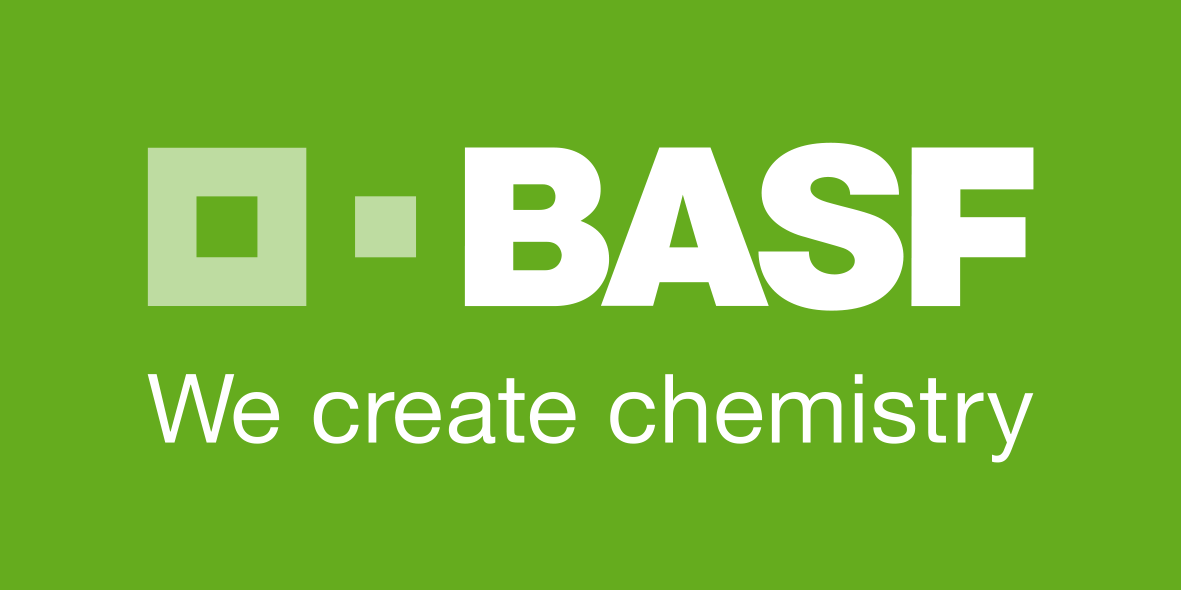BASF, Cargill and Novozymes Achieve Milestone in Bio-Based Acrylic Acid Process
Success in producing 3-hydroxypropionic acid for bio-based acrylic acid
Published 07-11-13
Submitted by BASF Corporation
BASF, Cargill and Novozymes today announced the achievement of an important milestone in their joint development of technologies to produce acrylic acid from renewable raw materials by successfully demonstrating the production of 3-hydroxypropionic acid (3-HP) in pilot scale.
3-HP is a renewable-based building block and one possible chemical precursor to acrylic acid. The companies also have successfully established several technologies to dehydrate 3-HP to acrylic acid at lab scale. This step in the process is critical since it is the foundation for production of acrylic acid. In August 2012, BASF, Cargill and Novozymes announced their joint agreement to develop a process for the conversion of renewable raw materials into a 100 percent bio-based acrylic acid.
“3-HP is a potential key raw material for the production of bio-based acrylic acid which is a precursor of superabsorbent polymers,” said Teressa Szelest, Senior Vice President Global Hygiene Business at BASF. “We still have a fair amount of work to do before the process is commercially ready, but this is a significant milestone and we are confident we can continue to the next level of scale-up for the entire process in 2014.”
Acrylic acid is a high-volume chemical that feeds into a broad range of products. BASF is the world’s largest producer of acrylic acid and has substantial capabilities in its production and downstream processing. BASF plans initially to use the bio-based acrylic acid to manufacture superabsorbent polymers that can soak up large amounts of liquid and are used mainly in baby diapers and other hygiene products. Presently, acrylic acid is produced by the oxidation of propylene derived from the refining of crude oil.
The companies’ joint project team combines world-class expertise in biotechnology, renewable feedstock, industrial scale fermentation, and in developing new chemical processes.
“Our three companies have assembled highly talented and experienced joint working teams for this project,” said Jack Staloch, Vice President of Biotechnology R&D at Cargill. “They’ve moved with speed and intensity, and have demonstrated great progress toward accomplishing our goals.”
“We have reached an important milestone by producing 3-HP in pilot scale,” said Rasmus von Gottberg, Vice President of Corporate Development and Business Creation at Novozymes. “We have shown that it is possible to make this key chemical building block from renewable raw materials in robust industrial conditions. Now the development work will continue towards commercialization.”
Superabsorbent polymers derived from bio-based acrylic acid will be a groundbreaking new offer to the market. Diapers made of such superabsorbent polymers could meet the demand of a significant and growing group of consumers in mature markets in particular. They also may allow diaper producers to meet consumer demands, differentiate their products and contribute to their sustainability goals.
About BASF
BASF is the world’s leading chemical company: The Chemical Company. Its portfolio ranges from chemicals, plastics, performance products and crop protection products to oil and gas. We combine economic success with environmental protection and social responsibility. Through science and innovation, we enable our customers in nearly every industry to meet the current and future needs of society. Our products and solutions contribute to conserving resources, ensuring nutrition and improving quality of life. We have summed up this contribution in our corporate purpose: We create chemistry for a sustainable future. BASF had sales of €72.1 billion in 2012 and more than 110,000 employees as of the end of the year. BASF shares are traded on the stock exchanges in Frankfurt (BAS), London (BFA) and Zurich (AN). Further information on BASF is available on the Internet at www.basf.com.
About Cargill
Cargill is an international producer and marketer of food, agricultural, financial and industrial products and services. Founded in 1865, the privately held company employs 142,000 people in 65 countries. Cargill helps customers succeed through collaboration and innovation, and is committed to applying its global knowledge and experience to help meet economic, environmental and social challenges wherever it does business. For more information, visit Cargill.com and its news center.
About Novozymes
Novozymes is the world leader in bioinnovation. Together with customers across a broad array of industries Novozymes creates tomorrow’s industrial biosolutions, improving its customers' business and the use of our planet's resources. With over 700 products used in 130 countries, Novozymes’ bioinnovations increase industrial performance and safeguard the world’s resources by offering superior and sustainable solutions for tomorrow’s ever-changing marketplace. Read more at www.novozymes.com.

BASF Corporation
BASF Corporation
BASF is the world's leading chemical company: The Chemical Company. Its portfolio ranges from chemicals, plastics and performance products to agricultural products, fine chemicals and oil and gas. As a reliable partner, BASF creates chemistry to help its customers in virtually all industries to be more successful. With its high-value products and intelligent solutions, BASF plays an important role in finding answers to global challenges, such as climate protection, energy efficiency, nutrition and mobility. BASF posted sales of more than €50 billion in 2009 and had approximately 105,000 employees as of the end of the year. Further information on BASF is available on the Internet at www.basf.com.
More from BASF Corporation

